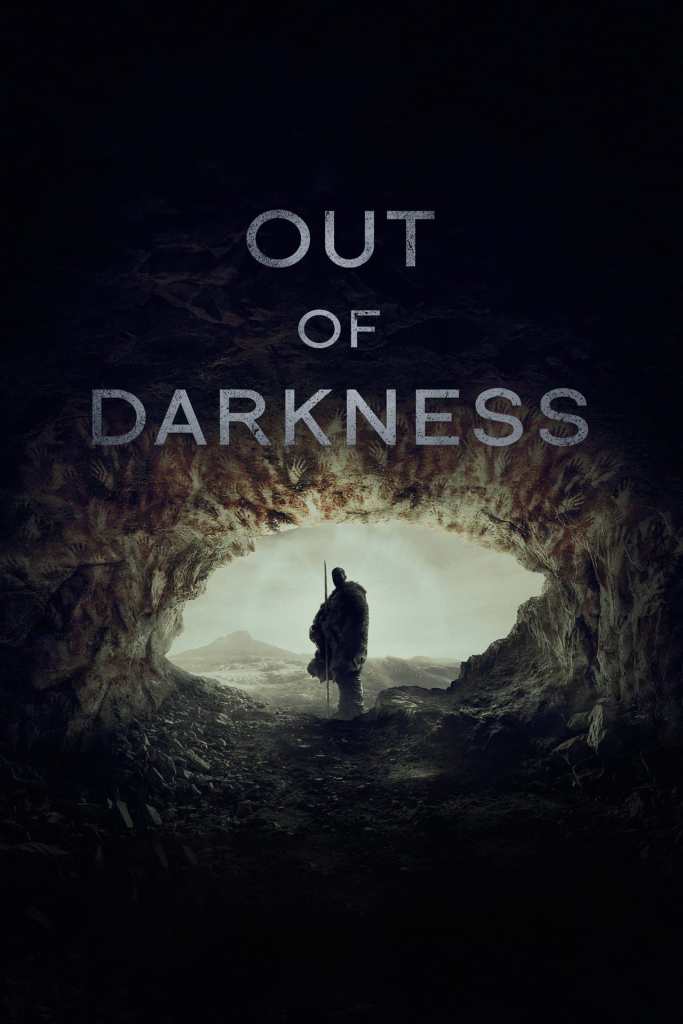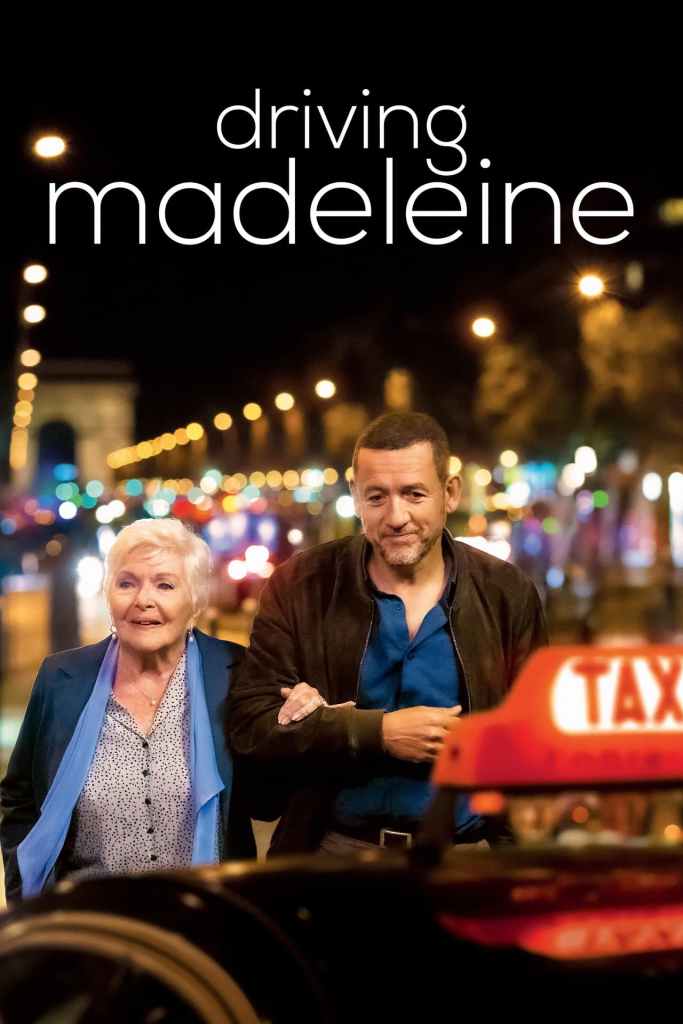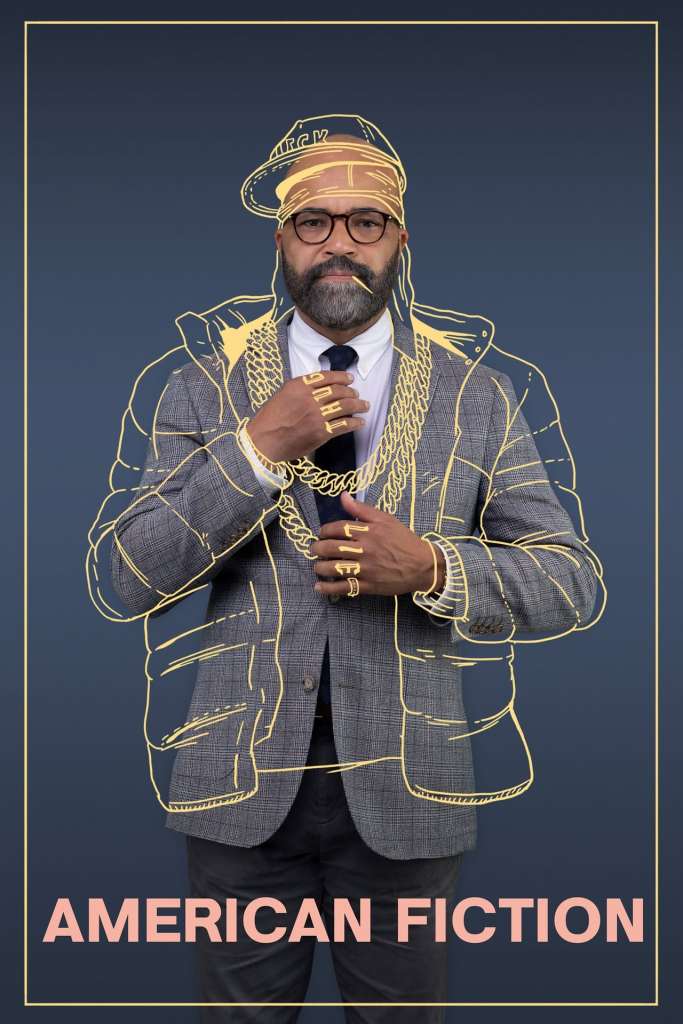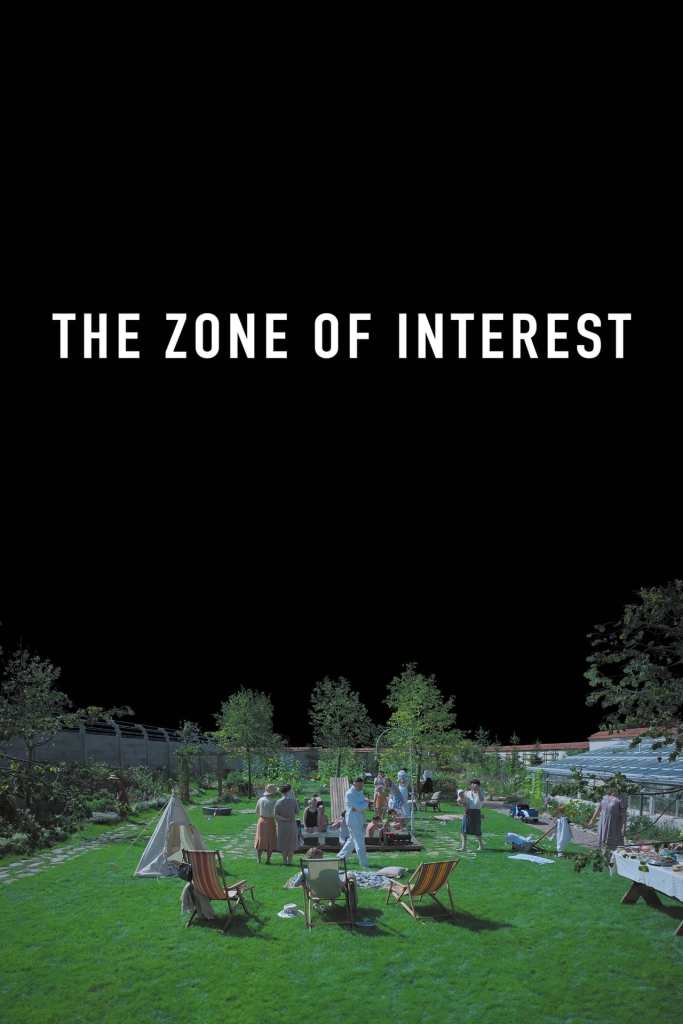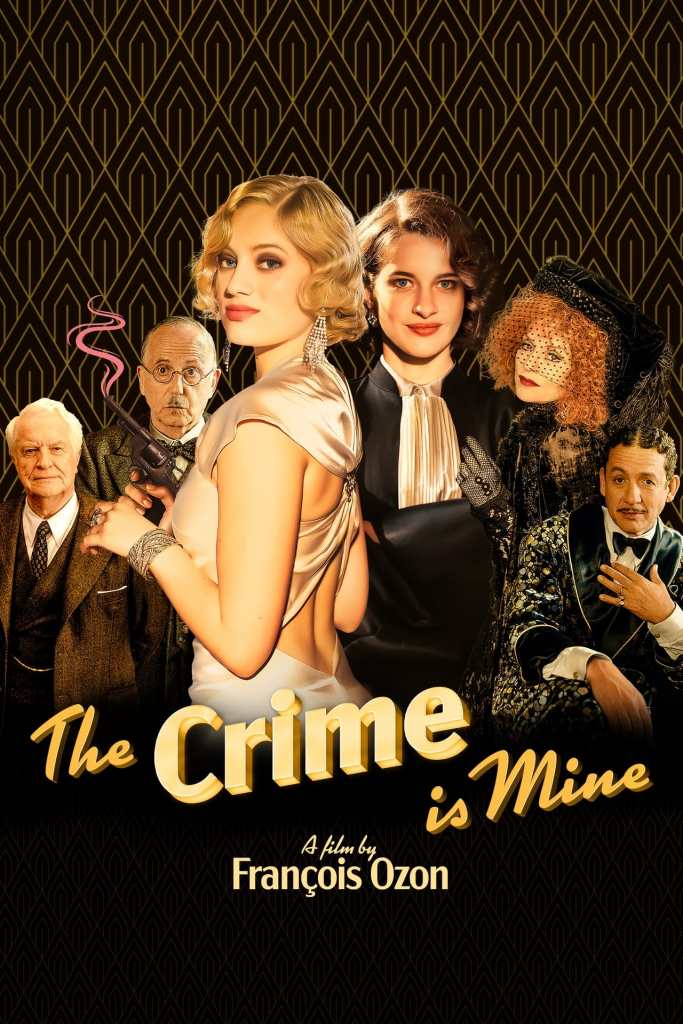
I’m (still) a sucker for these superhero films, so despite Madame Web getting lambasted by everyone (including its own actors; Dakota Johnson has stated she hasn’t bothered watching it herself) I gave it a go. It starts out well enough. In 1973, a woman and crew are exploring the jungles of Peru in search of a spider whose bite is supposed to provide mythical healing properties. She hopes to use it to heal the world’s sicknesses, but when they find a specimen, one of her crew, Ezekiel, kills her and steals the spider for himself. The woman’s unborn baby is birthed at her deathbed by a tribe who honors/worships the spider. Flash forward 30 years, and the baby has grown up in New York. Cassandra is a paramedic who lives alone when she starts having eerily prescient visions whenever a catastrophe is about to occur. An older Ezekiel lives in the city too, and with the spider’s bite, he shares those powers. He’s been having a vision of an older version of himself being killed by a trio of female superheroes, so he goes out to find them and kill them while they are teenagers. Cassandra comes across these girls on the subway one day, and her visions of Ezekiel attacking them on the train leads her to saving their lives and escaping in time. Until this point, not too bad, but here the film starts to fall off the rails. Why does Cassandra’s visions continually allow her to save herself and her new young friends, whereas Ezekiel can’t tell when anything is about to happen despite having his powers longer? Cassandra is dodging hits and explosions left and right but Ezekiel can’t get out of the way of a speeding car? And you can tell that Dakota Johnson is just mailing it in by the end of the film, not even bothering to look interested. This is the second Sony Marvel bomb in a row, and even the one before that wasn’t all that great. Since there is no chance in hell they’ll give these characters back to Marvel/Disney, here’s hoping they right this ship at some point. ★½

Thunder also had a promising start, but wasn’t able to keep it all together by the end, at least for my tastes. Elisabeth was the second daughter born on a rural farm in Switzerland but sent to a convent at the age of 12 to become a nun, after her parents birthed their fourth daughter in a row. That was the last she heard of her family until now, 5 or 6 years later, when she receives news that her older sister Innocente has died (a little on-the-nose for that name, as you’ll see). Her family has called Elisabeth back home to help work the farm. She is curious as to what happened to Innocente, but her inquiries are met with silence, and her mother says “that daughter’s name is no longer spoken in this house.” Elisabeth is able to discover that Innocente was sleeping around with many of the young men in the village, and it all makes sense once Elisabeth finds Innocente’s hidden diary. In a society that revolves around church and God, Innocente claims to have found God in the ecstasy of flesh, and didn’t care what others thought about it. She pursued men at a time when that was more than just taboo, it was forbidden, leading villagers to say the Devil had her. Elisabeth finds herself following her sister’s footsteps, and begins pursuing 3 young men too. This will lead to dire consequences for her, but of course in that day and age, only the women faced persecution for such acts, and the men would only get a slap on the wrist and told to say their prayers. I get what the director was trying to say, but it honestly didn’t make much sense. Elisabeth had devoted her life to God (even if it wasn’t her choice in the beginning) and to throw that all away in a very sudden manner, because of a sexual awakening of whatever you want to call it, didn’t ring true. Very fine acting from up-and-comer Lilith Grasmug in the lead role, who also was spotted in a great film I saw earlier this year, The Passengers of the Night, but the plot just falls apart under scrutiny. ★★

Turtles All the Way Down is based on a young adult book and makes for a fine drama, touching on a subject not often explored. Aza is a 16-year-old struggling with severe OCD, nearly debilitating. She is obsessed with germs and bacteria, even the thought of the digestive bacteria in her own stomach doing its thing makes her break out in a sweat. Her best friend is Daisy, a free spirit and the source of the comedy in the movie. The town is abuzz with the recent disappearance of wealthy investor Russell Pickett, who was under investigation for shady business deals. There’s a $100k reward offered for news about Russell, and Daisy coerces Aza to get involved for the money. Aza once went to summer came with Russell’s son Davis, and the two bonded over the recent death of one of their parents (his mom, her dad). Though it has been a few years, they immediately step back into that familiarity, but this opens up new challenges for Aza. With her fear of germs, the thought of kissing another person fills her with anxiety. At the same time, Aza must confront her friend Daisy when she discovers that Daisy has been painting Aza in a not-favorable light on an online blog she writes. The first half of the film is light-hearted and funny, with Daisy providing much of the laughs, and while the middle third of the movie is a bit bumpier, it comes out well in the end, even if it finishes up a bit too perfect. It is refreshing to watch a coming-of-age sort of film these days that isn’t covered in sex and presents a decent message. ★★★

Ordinary Angels is based on a true story and stars Hilary Swank and Alan Ritchson. In Louisville in 1993, Sharon is a go-getter and a people person but always ends up self-destructing, unable to kick her drinking problem. It has ruined her relationship with her adult son, but she finds a new purpose when she reads an article in the local paper about a 5-year-old girl, Michelle, who’s just lost her mother and is herself in dire need of a liver transplant. Sharon takes it upon herself to start a fundraiser at her work (she’s a hairdresser) and comes up with over $3k in one day. When she barges in on Michelle’s home, with Michelle’s father Ed, and sister Ashley, she is thanked for the help but told no more aid is necessary. The proud Ed doesn’t want a handout and likes to keep his personal life private, but Sharon will not be dissuaded, especially when she learns that the family is nearly $500k in debt due to all of the medical bills for Michelle and the lengthy illness her mother went through before death. For the rest of the movie, Sharon puts those people skills to work and is able to make miracles happen, until the only thing keeping Michelle from getting her liver is her spot on the donor list, and even that is only an obstacle to be beat. Swank and Ritchson are solid in the leads, and though the movie is a bit (or, more than a bit) heavy handed, you can’t help but tear up in the end. Little Michelle is just too cute not to root for. Usually I reserve big ratings for movies that I’d watch again, and while this isn’t necessarily in that category (I think the emotional heft will lose something on a second viewing), I recommend it for anyone looking for a good family film. ★★★★

A Mads Mikkelsen film in his native Danish? Sign me up! The Promised Land is very loosely based on a true story, with a highway full of liberties taken from what I can find, but it is a very good story. Mikkelsen plays Ludvig Kahlen, a retired soldier who worked his way up to captain though hard work, in a time when generally only high born were given a rank that high. Kahlen is no noble, being the bastard son of a maid, the product of rape from her lord. Kahlen knows how to fight to earn anything in this world, and his next goal is taming the Jutland heath, an inhospitable land between Denmark and Germany where kings and lords have been trying to harvest for generations, to no avail. Kahlen has an idea though: potatoes, which can grow anywhere as long as he can find some kind of soil amongst all the dry brush and sand in that region. He gets the lords at court to promise him a noble title with lands and a manor, if he can produce a sustainable harvest on the heath. It will not be easy, as he faces outlaws, mid-18th century prejudices and superstitions, and a local magistrate who sees the heath as his own land, no matter what the King says, and the little pissant will stoop to any misdeed to foil Kahlen’s pursuit. Against all odds though, Kahlen does have help, from others in the bottom of society, including a married couple who ran away from the magistrate’s cruel household (on pain of torture and death if they are discovered) and a Romani girl who was going to be sold by her former traveling companions. It’s a great film with twists and turns, and a determined hero to root for. ★★★★½












